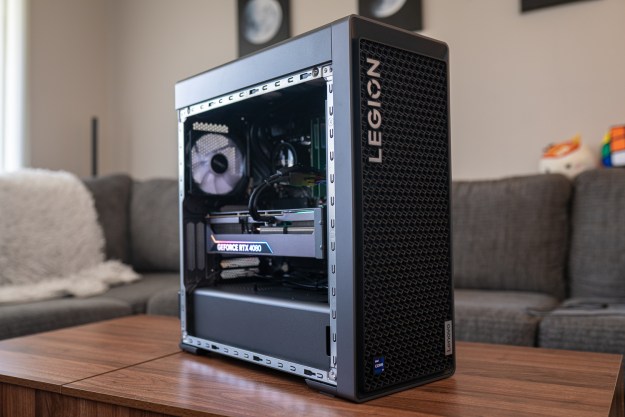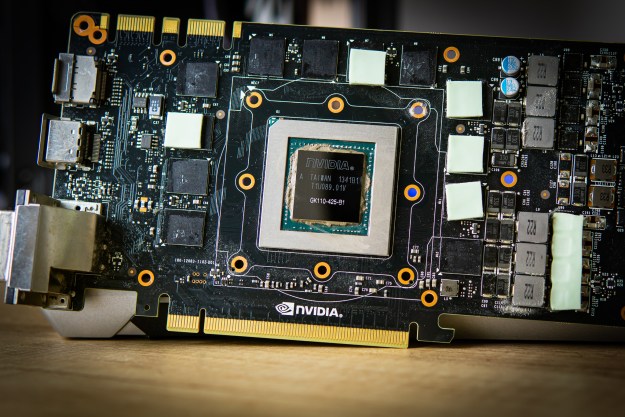
It’s not a new question in the Internet-enabled world, but one that is only recently becoming a significant issue on social networking sites: what should happen to a a social networking profile when its owner dies? Should the page remain as-is? Should the page be deleted? Should status updates and other activity be suspended? What if the account gets hacked or defaced? Who should handle all that?
http://www.digitaltrends.com/wp-admin/post.php?action=edit&post=60962&message=1Social networking site Facebook has come up with what it hopes is a partial answer to these questions in the form of “memorialized” pages. The basic idea is that when a user dies, deleting the page isn’t necessarily appropriate because the person hasn’t simply vanished from everyone’s memories or social context. However, leaving the page to moulder isn’t exactly right either—particularly since the unaltered page no doubt conveys the impression the person is still alive, searchable, accepting friend requests, and more.
Facebook’s memorialized pages remain online, but Facebook removes contact information and status updates, and permanently disables the ability to log into the account—the account is also removed from Facebook’s search. However, friends and family will still be able to visit the profile to remember better times, leave posts on the profile’s Wall in remembrance, and connect with each other through their connection to the deceased.
Friends and family members may request a profile be converted to “memorialized” status by contacting Facebook. We’re sure that the feature is already being gamed by pranksters trying to have their buddies’ (or enemies’) profiles prematurely memorialized, but it’s good to see Facebook trying to take positive action in these cases and enable users to not only share their lives via their service, but also remember those who are no longer with us.
Editors' Recommendations
- How to download a video from Facebook
- Are Facebook and Instagram still down? Here’s what we know
- How to check your VRAM — how much GPU memory do you have?
- PC memory is about to double in max capacity
- Here’s more proof that Apple is wrong about MacBook memory


